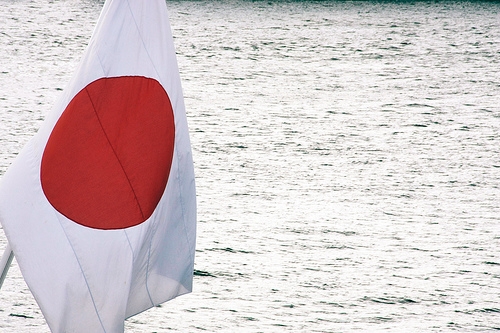
Here's the impact of Abenomics' recent tax hike on Japan's GDP
Consumption tax raised to 8%.
In its report, DBS said that the stimulus package unveiled on back of recent tax hike will contribute about 0.5ppt to the 2014 GDP growth, insufficient to offset the drag from consumption tax hike that is estimated at 1% of GDP.
"And inevitably, the stimulus program will erode the positive effects oftax reform on fiscal position, which implies a potential threat to the country’sfiscal sustainability and financial stability in the medium-to-long term," said DBS.
Here's more:
PM Abe announced yesterday to raise the consumption tax to 8% in April 2014 from the current 5%, an important step towardsfiscal reforms. Meanwhile, in order to minimize the adverse impact on economic growth,the government unveiled a stimulus package worth JPY 5trn.
The stimulus program should help to avoid a drastic GDP slowdown next year caused by consumption tax hike. Still, we doubtit can fully counterbalance.
Measures contained in the program mainly target at boosting corporate investment,such astax breaks offered to capital spending and early expiration of a special corporate tax for earthquake reconstruction.
It should be noted that, however,there are multiple factors hindering business investmen tin Japan, including not only high taxes, but also structural issuessuch as cumbersome regulatory environment and rigid labor market policies.
Also note that an expiration ofthe reconstruction tax will only take the corporate tax rate back to the pre-earthquake level of 35.6% ,slightly lowerthan the current 38%, but still far higher than the global average of 24%.
Amongst other measureslisted in the plan,tax breaksfor home buyers would be relatively effective, considering that the consumption tax hike should have greatest impact on the big-ticket consumer goods including properties.
Meanwhile, increasing the Olympics-related infrastructure spending should also directly boost growth.
























 Advertise
Advertise






